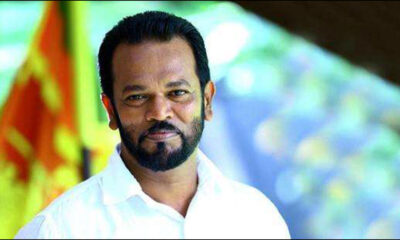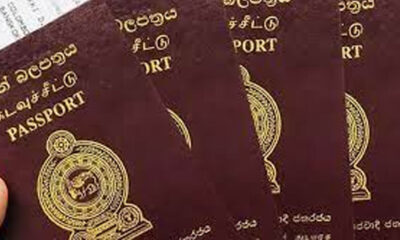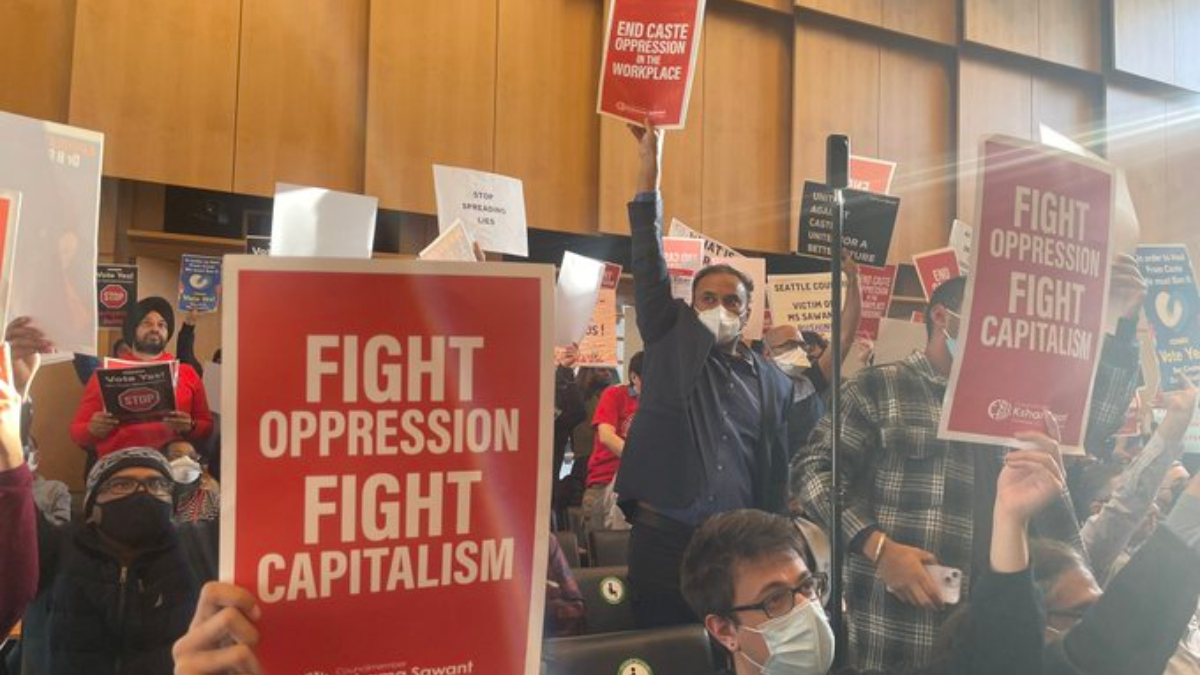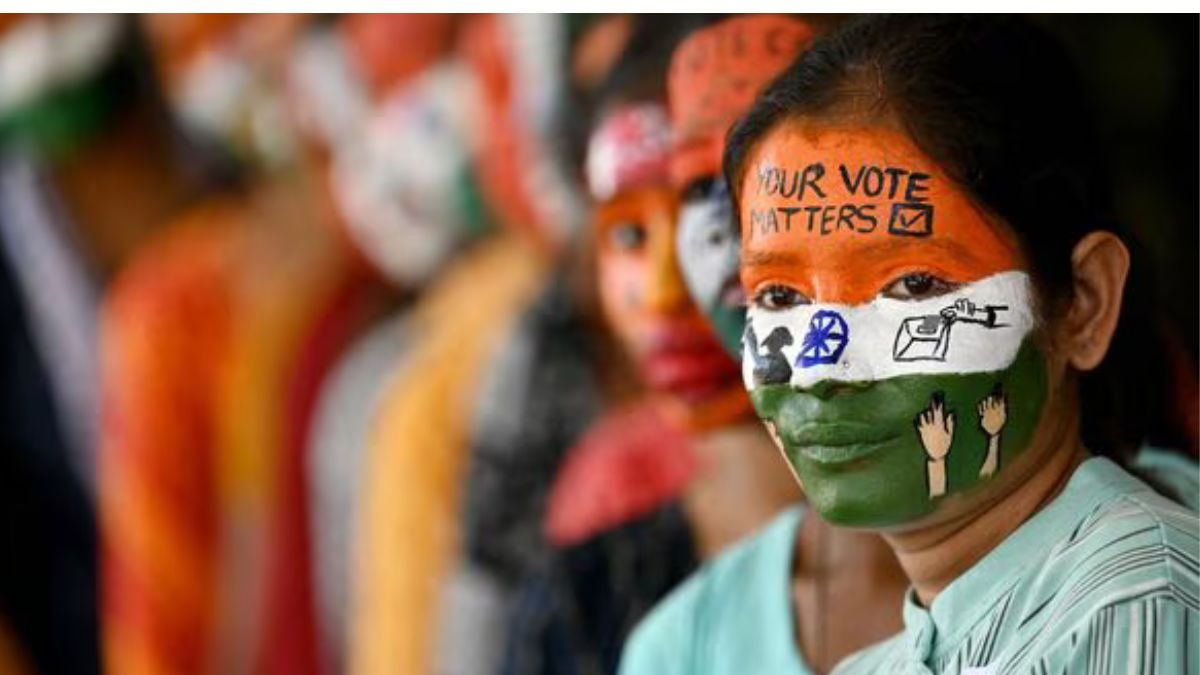Seattle has become the first US city to ban discrimination based on caste after a vote by the city council.
Councilwoman Kshama Sawant, who wrote the legislation, said the fight against caste bias “is deeply connected to the fight against all forms of oppression”.
Advocates of the ban say that it is needed to prevent caste bias from becoming more prevalent in the US.
The caste system in India dates back over 3,000 years and divides Hindu society into rigid hierarchical groups.
The ordinance passed by Seattle on Tuesday follows similar bans on caste bias that have been introduced on the campuses of US universities in recent years.
“Caste discrimination doesn’t only take place in other countries,” said Ms Sawant, who is the only Indian American on the Seattle city council.
“It is faced by South Asian American and other immigrant working people in their workplaces, including in the tech sector, in Seattle and in cities around the country.”
Ms Sawant, a socialist, has previously spoken of being raised in an upper-caste Hindu Brahmin household in India and witnessing such discrimination.
The measure has been opposed by some Hindu American groups, who argue a ban is not necessary as US law already prohibits such discrimination.
In an open letter, the Washington DC-based Hindu American Federation said that while the ordinance’s goals were praiseworthy, it “unfairly singles out and targets an entire community on the basis of their national origin and ancestry for disparate treatment”.
They added that Indian Americans made up less than 2% of Washington state’s population, and argued there was little evidence of any widespread discrimination based on caste.
Caste discrimination has been banned in India since 1948, however, discrimination continues, especially against the Dalits, who were once called “untouchables”.
According to the Migration Policy Institute think tank, the US is the second most popular destination for Indians living abroad.
(BBC News)

 News3 days ago
News3 days ago
 News4 days ago
News4 days ago
 News2 days ago
News2 days ago
 World3 days ago
World3 days ago
 News3 days ago
News3 days ago
 News5 days ago
News5 days ago
 News4 days ago
News4 days ago
 BIZ2 days ago
BIZ2 days ago


























